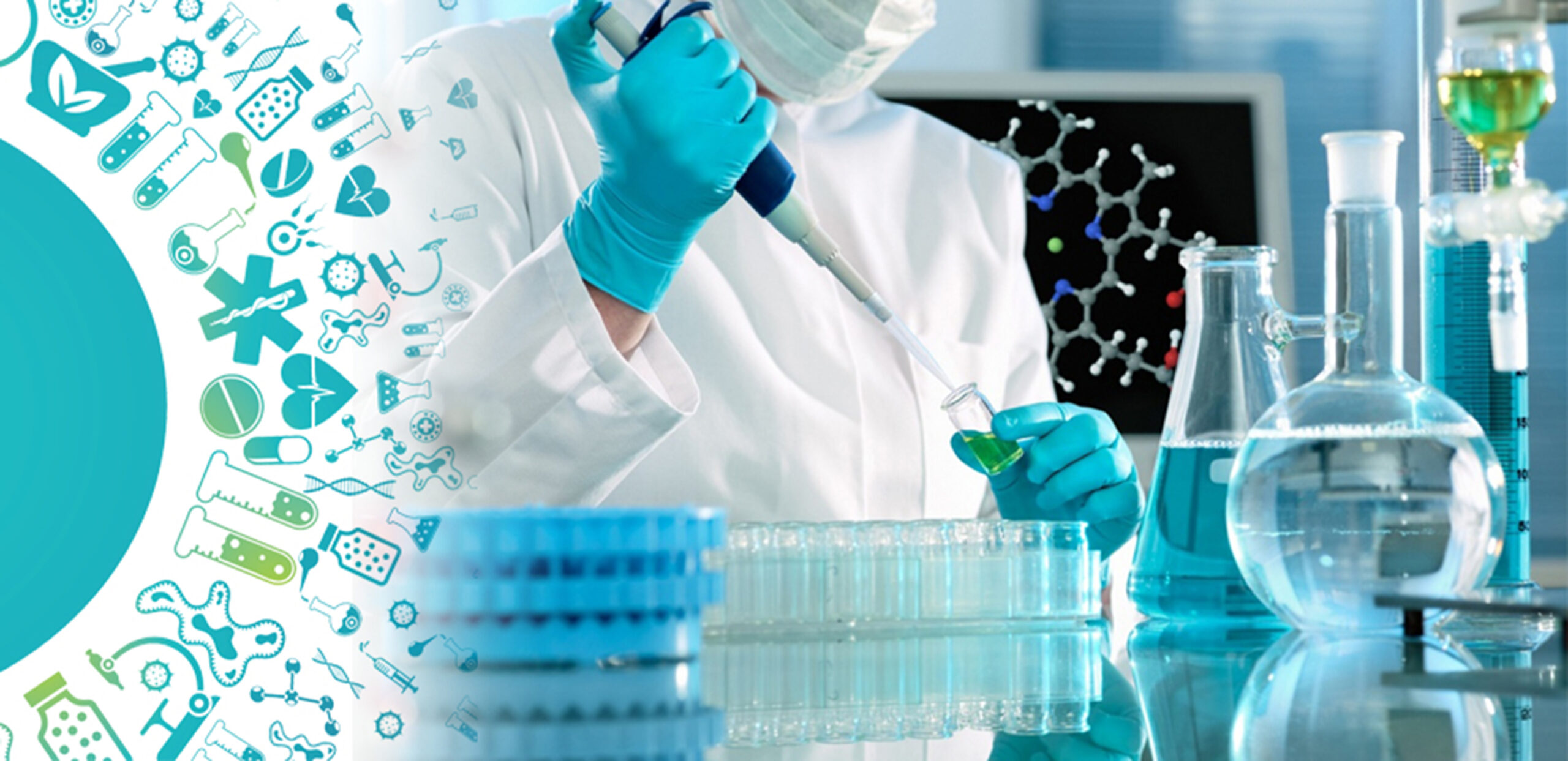Understanding the Fundamentals of Lab Detergents: Types, Applications, and Selection
Introduction to lab detergents
Welcome to the world of laboratory detergents, where cleanliness and precision reign supreme! Whether you’re a scientist, researcher, or simply someone fascinated by the intricacies of lab work, understanding the fundamentals of lab detergents is essential. These powerful cleaning agents play a vital role in maintaining sterile environments and ensuring accurate experimental results.
In this blog post, we will delve into the different types of lab detergents available, explore their applications across various scientific disciplines, and provide tips on how to select the right detergent for your specific needs. So roll up your sleeves and prepare to embark on a sudsy journey through the realm of lab supplies!
The different types of lab detergents
When it comes to lab detergents, there are several different types available to suit the specific needs of laboratories. Each type of detergent has its own unique characteristics and can be used for different applications.
One common type of lab detergent is enzymatic detergent. This type of detergent contains enzymes that help break down protein-based stains, making it ideal for cleaning glassware and instruments contaminated with biological materials.
Another type is acid-based detergent, which is specifically formulated to remove mineral deposits and scale from surfaces like metal or glass. Acid-based detergents are often used in labs where water quality may be an issue or when dealing with stubborn stains that other detergents cannot remove.
For delicate items such as pipettes or burettes, a non-ionic surfactant detergent is often recommended. These detergents have low foaming properties and are gentle on sensitive materials while still providing effective cleaning power.
In addition to these types, there are also specialized detergents designed for specific applications such as DNA/RNA extraction or decontamination procedures. These specialized detergents have been optimized for their intended use and provide reliable results.
Understanding the different types of lab detergents allows scientists and researchers to select the most appropriate product for their specific cleaning needs. Choosing the right detergent ensures thorough cleaning while maintaining the integrity of laboratory equipment and samples.
How to select the right lab detergent
When it comes to selecting the right lab detergent, there are several factors that need to be considered. First and foremost, you need to determine the specific type of lab detergent that is required for your particular application. There are different types of lab detergents available, each designed for specific cleaning tasks.
Next, you should consider the compatibility of the detergent with the materials and equipment in your laboratory. Some detergents may be too harsh and can damage sensitive surfaces or instruments. It’s important to choose a detergent that is safe to use on all types of surfaces and equipment.
Another important factor to consider is the effectiveness of the detergent. Look for a lab detergent that has been proven to effectively remove dirt, oils, stains, and other contaminants commonly found in laboratory settings.
Additionally, consider any special requirements or regulations that may apply in your laboratory. For example, if you work with hazardous materials or require a specific level of cleanliness for certain experiments or procedures, you may need a specialized lab detergent that meets these requirements.
Take into account cost-effectiveness and ease of use. Look for a lab detergent that offers good value for money without compromising on quality. Consider whether it requires any additional steps or equipment for proper usage.
By carefully considering these factors, you can select the right lab detergent that will meet your specific needs while ensuring optimal performance and safety in your laboratory setting.
The most common applications for lab detergents
Lab detergents are an essential component in various laboratory settings, serving a wide range of applications. From routine equipment cleaning to critical sterilization processes, lab detergents play a crucial role in maintaining cleanliness and ensuring accurate test results.
One of the most common applications for lab detergents is the cleaning of glassware. Glassware used in labs can become contaminated with residues from previous experiments or substances that may interfere with subsequent tests. Lab detergents formulated specifically for glassware cleaning effectively remove these residues, ensuring clean and pristine glass surfaces.
Another important application for lab detergents is the cleaning of laboratory instruments and equipment. Instruments such as pipettes, microscopes, centrifuges, and spectrophotometers require regular cleaning to maintain their accuracy and functionality. Lab detergents designed for instrument cleaning help remove contaminants like oils, proteins, salts, and other organic materials without damaging sensitive components.
Lab detergent solutions are also utilized in many research laboratories for cell culture work. Cell cultures require a sterile environment to prevent contamination that could affect experimental outcomes. Specialized lab detergents with antimicrobial properties ensure thorough decontamination of surfaces before setting up cell cultures.
In addition to surface cleaning and decontamination, lab detergents find applications in specific industries like pharmaceutical manufacturing or food testing labs where stringent cleanliness standards must be met. These specialized formulations address unique challenges associated with these industries by targeting specific types of contaminants or meeting regulatory requirements.
Lab detergent selection should always consider compatibility with the materials being cleaned while also addressing specific needs such as residue removal or disinfection capabilities required for each application.
By understanding the different types of lab detergents available on the market today along with their appropriate applications, scientists can confidently select the right product to optimize their laboratory workflow while adhering to strict cleanliness standards necessary for accurate scientific analysis.
Conclusion
Lab detergents play a crucial role in maintaining cleanliness and hygiene in laboratories across various industries. By effectively removing contaminants, these detergents ensure accurate test results and maintain the integrity of scientific experiments.
In this article, we explored the fundamentals of lab detergents, including their types, applications, and selection criteria. We discussed how different types of lab detergents cater to specific cleaning needs, such as removing grease or protein residues.
For more information visit: west lab

Post Comment